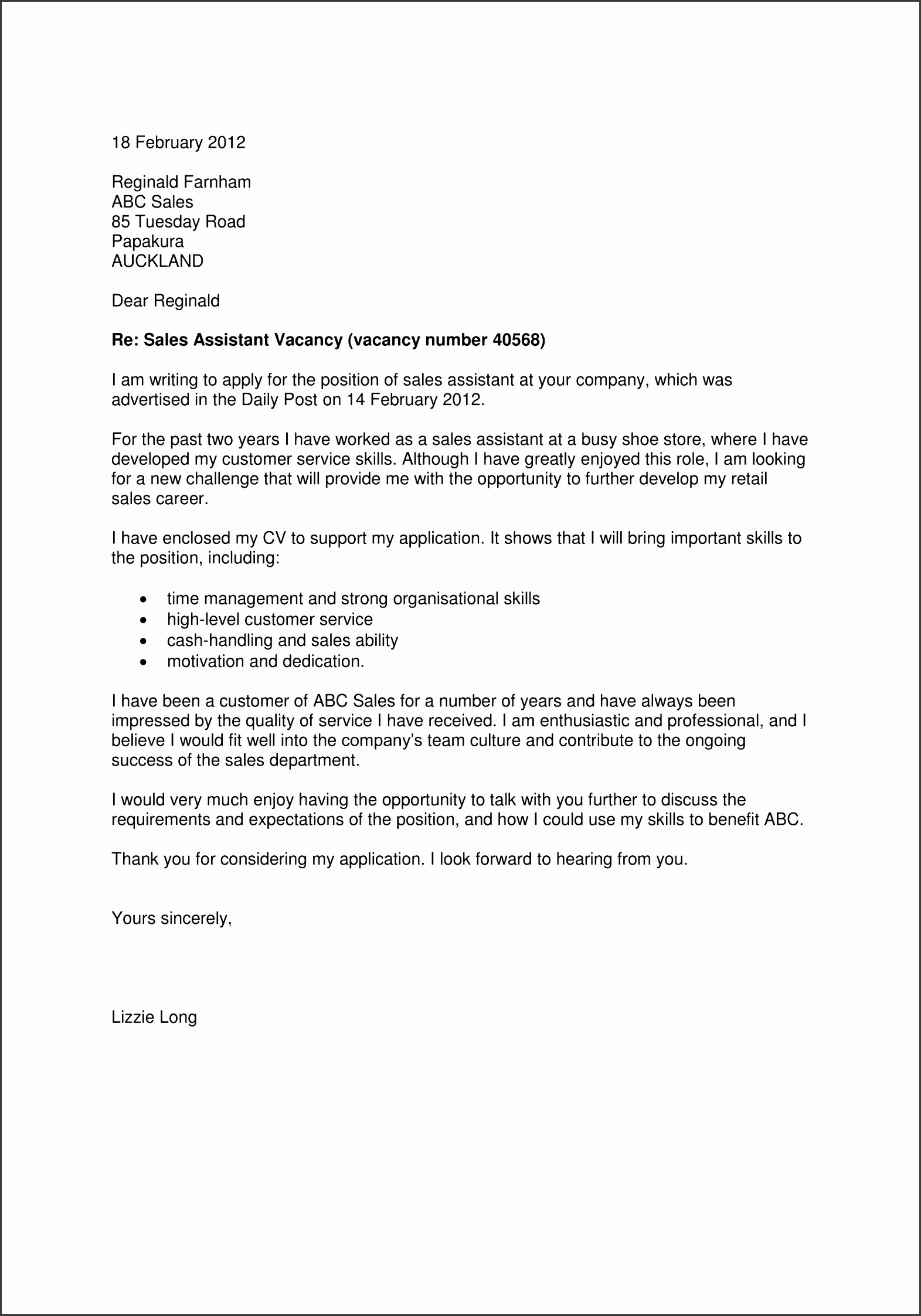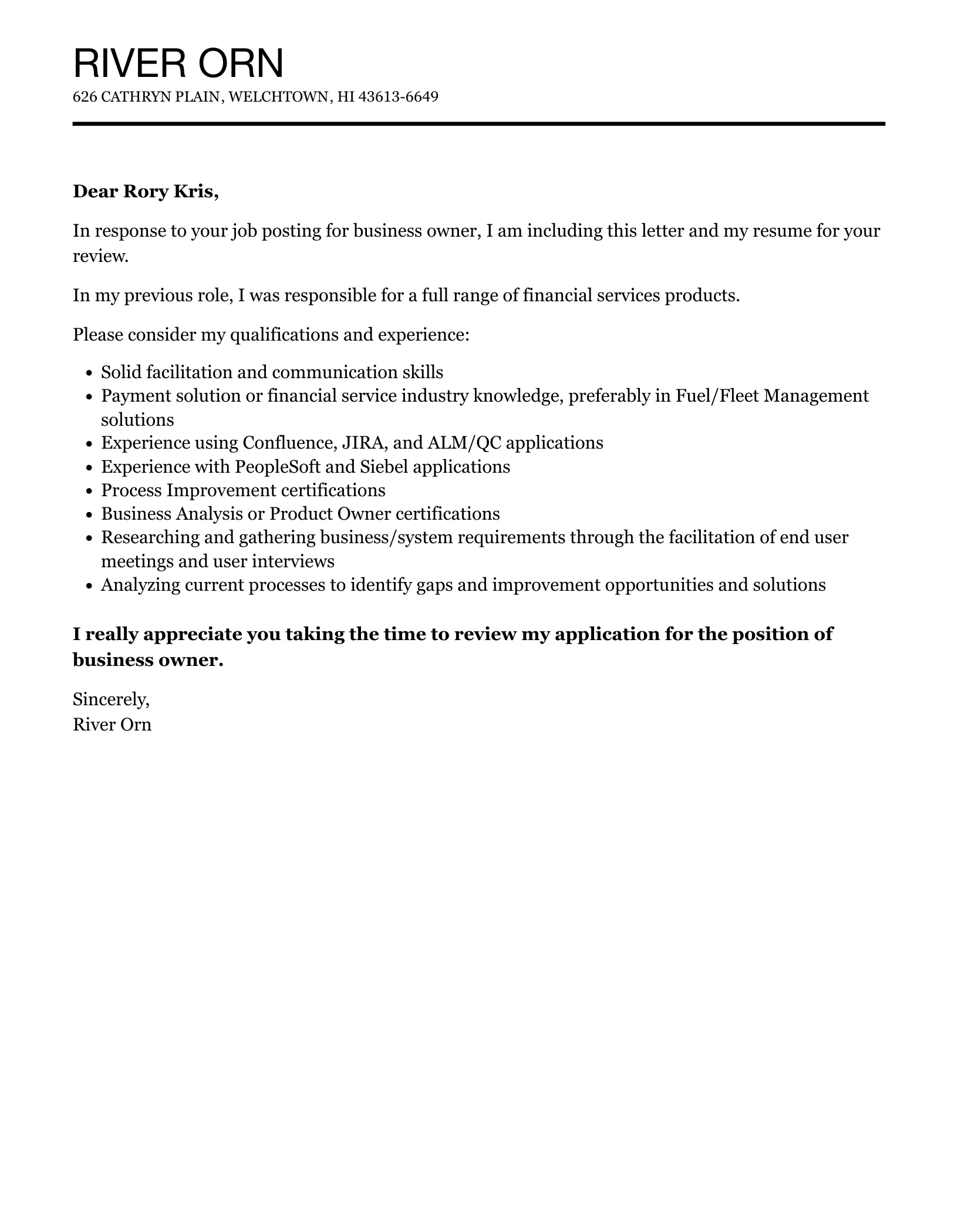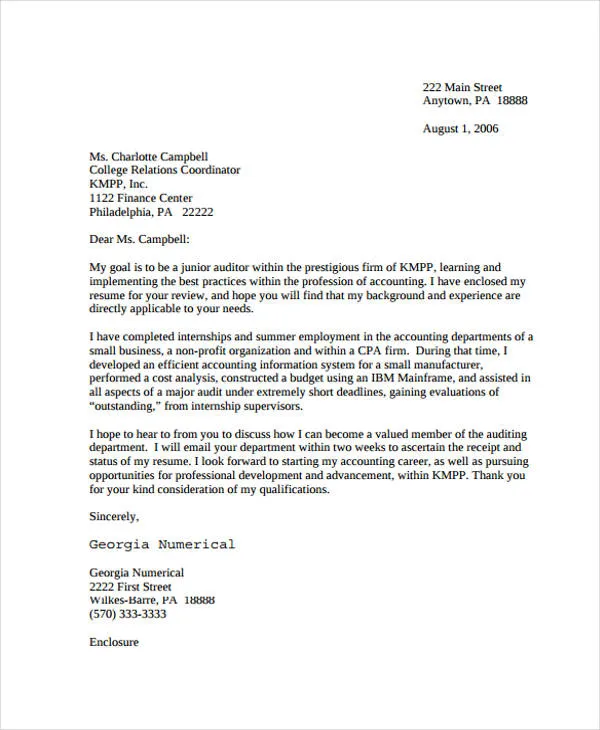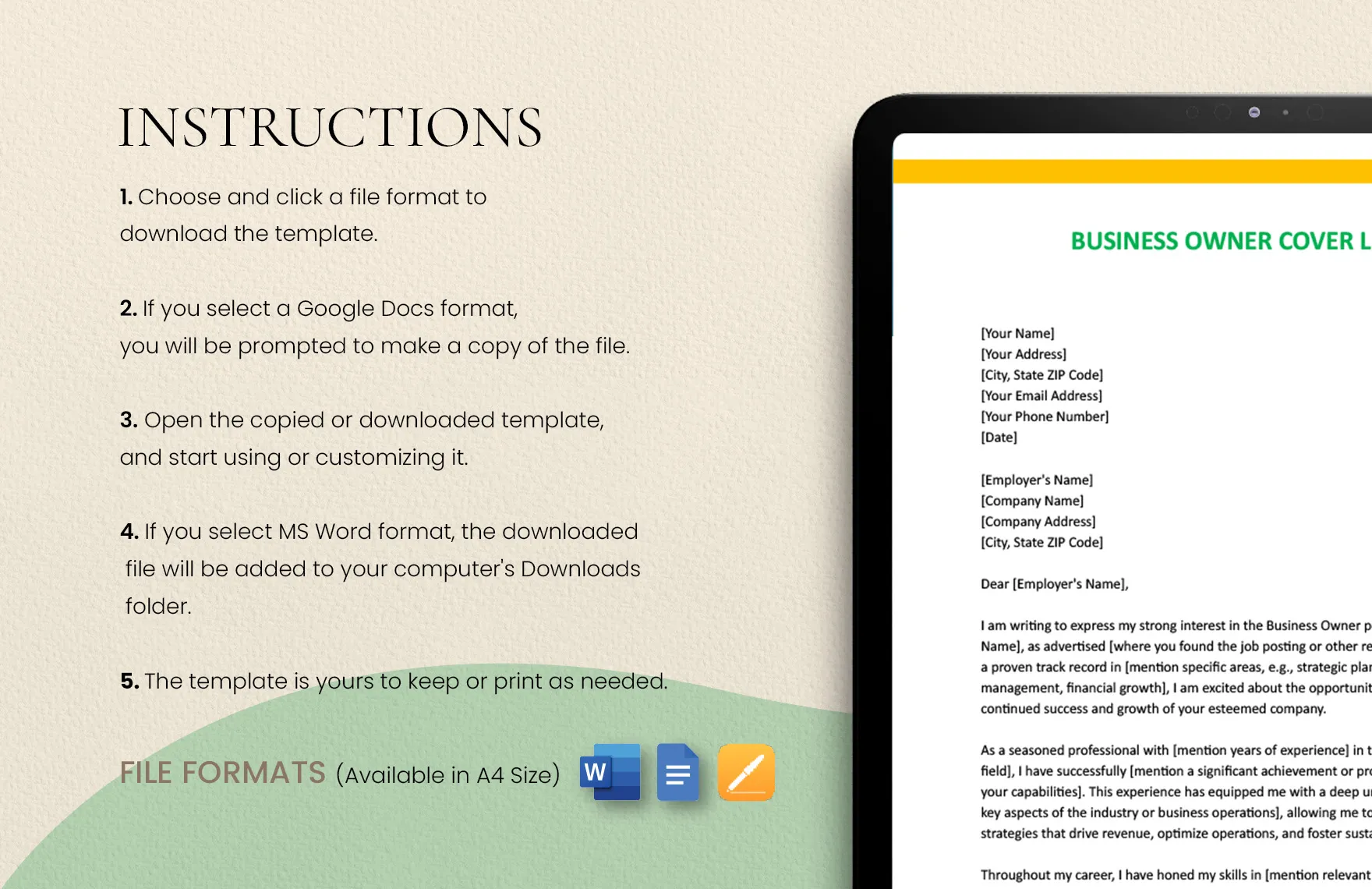Why You Need a Cover Letter as a Small Business Owner
As a small business owner, you might question the necessity of a cover letter. After all, you are not applying for a job in the traditional sense. However, a well-crafted cover letter is as crucial for you as it is for anyone seeking employment. It serves as your introduction, providing a concise overview of your business, your unique selling propositions, and your specific goals. It’s a chance to showcase your business acumen, your vision, and your ability to articulate the value you bring to the table. Whether you’re reaching out to potential investors, partners, or even clients, a cover letter can make the crucial difference. It’s an opportunity to set a positive first impression, making you stand out from the crowd and securing the attention you want. This document is more than just an introduction; it’s a powerful tool to get your foot in the door and to show your company’s value.
The Importance of a Cover Letter
A cover letter is important because it is your first opportunity to make a great impression. It complements your resume, expanding on your qualifications, experiences, and value proposition. It provides context, allowing you to explain your business goals and objectives. A cover letter offers a glimpse into your personality, communication skills, and strategic thinking, all of which can be difficult to convey in a resume alone. It allows you to tailor your message to the specific audience, demonstrating that you have done your research and have a clear understanding of their needs and interests. Finally, it presents an opportunity to differentiate yourself from competitors, and to show what makes your business unique and why it is the right choice for your audience. Therefore, the cover letter shows the readers why you want to do business with them and why they should do business with you.
Highlighting Your Achievements

In your cover letter, detailing your achievements is crucial. Don’t just list responsibilities; focus on outcomes. Quantify your successes whenever possible. For example, if you increased sales, specify by how much (e.g., ‘Increased sales by 20% in the first quarter’). If you launched a successful marketing campaign, provide tangible results such as customer acquisition or website traffic. Highlight any awards, recognitions, or positive feedback received. Mention any positive changes that took place in your company. The more specific and data-driven you are, the more convincing your achievements will be. Remember, you are not just listing your business’s history; you are highlighting its value and potential. A clear achievement makes your business stand out and lets the reader knows that you’re a successful business owner. Highlighting your achievement is an essential part of your cover letter.
Key Elements of a Small Business Owner Cover Letter
A well-crafted cover letter includes essential components that work together to present a compelling case. It should start with your contact information, the recipient’s details, and a professional salutation. The first paragraph should clearly state your purpose for writing and a brief overview of your business. The body of the letter should highlight your skills and experiences, showcasing your accomplishments and explaining how you can meet the specific needs of the reader. Include quantifiable results to demonstrate your impact. Your letter needs to close with a call to action, expressing your interest and inviting further communication. Finally, ensure the cover letter is concise, well-formatted, and free of errors. A strong cover letter combines all the essential elements in order to present a compelling and successful business.
Contact Information and Salutation
Begin your cover letter with your contact information, including your name, address, phone number, and email address. Directly below this, provide the recipient’s details, such as their name, title, and company address. Use a professional salutation, like “Dear Mr./Ms. [Last Name],” and avoid casual greetings. If you don’t know the recipient’s name, use “Dear Sir/Madam” or “To Whom It May Concern,” but always make an effort to find the appropriate person. The tone of your salutation sets the tone for the entire letter, so choose words wisely. A proper start demonstrates professionalism, showing respect and attention to detail, which makes a good first impression. Including this information and starting off on the right foot helps your cover letter and business get noticed.
Writing the Body of Your Cover Letter

The body of your cover letter is where you demonstrate your value. The first paragraph should state the purpose of your letter, immediately capturing the reader’s attention. Following that, you need to explain why your business is unique and what problems you are solving. Use the next paragraphs to showcase your most significant accomplishments. Remember, provide specific, quantifiable results whenever possible. The closing paragraph needs to summarize your interest and invite further contact, making it easy for the reader to take the next step. Write the body of your cover letter to keep your audience’s attention, and keep the details succinct and to the point. The body is the most important part of your cover letter, so write it to perfection.
Showcasing Your Skills and Experience
Highlighting your skills and experience is critical. Tailor your cover letter to the specific needs of your audience. If you are pitching to investors, emphasize your financial management skills, market understanding, and ability to achieve profitability. If you are approaching potential clients, focus on how your products or services can solve their problems. Mention any experience that demonstrates your ability to lead and grow a business. Showcase your understanding of the industry, the challenges you have overcome, and the strategies you used to achieve success. Use keywords that are relevant to the business you are targeting, and focus on making the content clear, concise, and compelling. Doing this will enhance your credibility, demonstrate value, and strengthen your case.
Quantifying Your Accomplishments
Quantifying your accomplishments strengthens your case by providing tangible evidence of your success. Instead of saying “Increased sales,” state “Increased sales by 30% in the last quarter.” If you expanded your customer base, specify the percentage or the number of new customers acquired. When discussing cost savings, clearly state the amount saved. If you launched a successful marketing campaign, provide statistics on website traffic, lead generation, or conversion rates. Specifics make your achievements more credible and impactful, showing that your business is achieving its goals. Whenever possible, use numbers, percentages, and data to support your claims. This demonstrates your ability to manage, measure, and achieve results, helping your audience realize the value of your company.
Closing the Cover Letter

In the closing, re-state your interest in the opportunity, making it clear what you want the reader to do next. Express your enthusiasm for working together and reiterate the value you bring. Thank the reader for their time and consideration, and provide your contact information again. End with a professional closing, such as “Sincerely,” or “Best regards,” followed by your typed name. Be brief, polite, and professional. The goal of the closing is to encourage further communication and make it easy for the reader to respond, ensuring a smooth continuation of the conversation. The closing paragraph is the last impression you make, so make sure it is great.
Proofreading and Formatting Tips
Before sending your cover letter, proofread it carefully. Check for spelling errors, grammatical mistakes, and punctuation issues. Ensure that the formatting is consistent and professional. Use a clear, readable font and maintain consistent spacing and alignment. Keep the letter concise, and avoid lengthy paragraphs that can lose the reader’s attention. Have someone else read your letter for a fresh perspective. Proofreading and formatting enhance credibility, ensuring that your message is clear, polished, and professional. Pay attention to the little details to make sure your small business is presented at its best. Taking the time to follow these steps is essential for making a strong impression.
Cover Letter Samples for Small Business Owners
Reviewing cover letter samples can be beneficial. Look at different examples to understand the structure, tone, and style used in cover letters. Consider tailoring your cover letter to various business scenarios, whether you’re seeking investors, partners, or clients. Adapt the templates and examples to your unique business situation. By reviewing these samples, you can gain valuable insights, inspiration, and direction, which can help you create a cover letter that is perfect for your business. Take inspiration from the samples and add your unique personality.
In conclusion, a cover letter is a valuable tool for a small business owner. It’s an opportunity to introduce your business, highlight achievements, and connect with potential investors, clients, or partners. By following the tips and incorporating the best practices discussed, you can create a cover letter that effectively represents your business and paves the way for success. Your cover letter is one of the most important parts of your business, so make it count.
